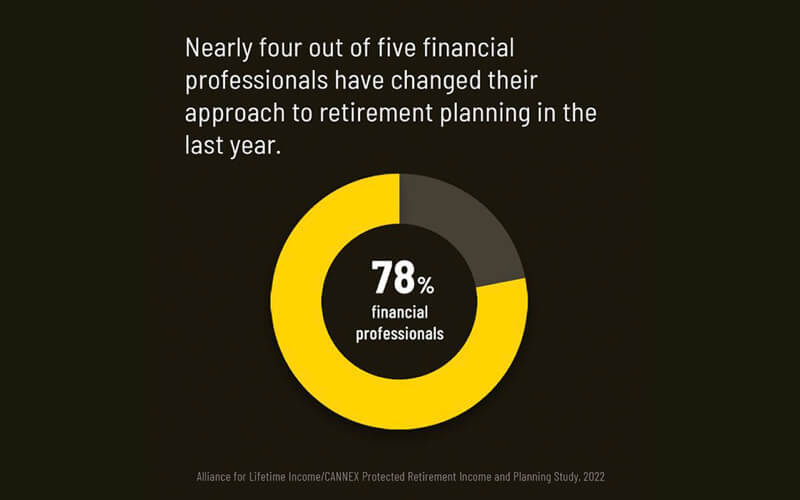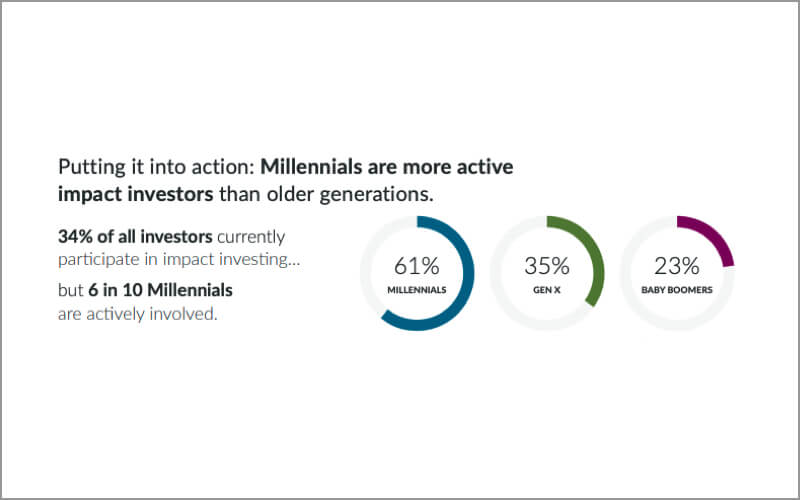Common Interests: Building the financial capability of regular people
Helen and her husband are doing okay, but the budget’s tight and they need to watch what they do. On a recent day, Helen is out shopping and uses her mobile phone to make sure the checking balance is going to cover her debit card purchase. When she gets home in the evening, she goes online for an update on that balance, pays a couple bills that are coming due and makes a small transfer between accounts. While she’s on the bank’s website, she takes a few minutes to explore a new financial management tool. Then she’s back to checking on the kids.
A few years ago it wouldn’t have been so easy for Helen. While Google and others are generally thought of first when it comes to Internet technology, the financial sector has been a more subtle technology innovator, creating new applications that make life simpler and more convenient for people of all ages and incomes. These technology applications expand the proportion of Americans empowered to manage their family finances. We’ve been struck in our recent financial service research studies at how universally consumers use and expect technology tools to address the full range of their spending, saving and other financial needs.
Our public sector financial research focuses on strategies to improve the financial literacy and balance sheets of all Americans, especially those who have the hardest time getting on top of their finances. Among those who concentrate on this goal there certainly is some caution about the motives of the commercial financial sector. But we’re convinced that there’s tremendous common interest between the commercial sector and the public/advocacy sectors in building the financial capabilities of all Americans. One of the best examples of that common interest is the work of the Corporation for Enterprise Development (CFED). Supporters and members include consumer advocates, financial institutions, Federal and state government workers, and academics.
Next: But it’s not a smooth adoption curve.





Very interesting comments. Here in the UK we are concerned with payday loans and usurous rates of interest. Pay day loans provide consumers with instant, easy credit…at a cost…How should regulators regulate? And what should the attitude of mainstream banks be? Another problem is how to help those (most of us) who think fast (Kahneman) and intuitively and in the process make the “wrong” decision (ie not in their own best interests). Building behavioural economics into corporate thinking that is consumer focus is a big, big challenge.